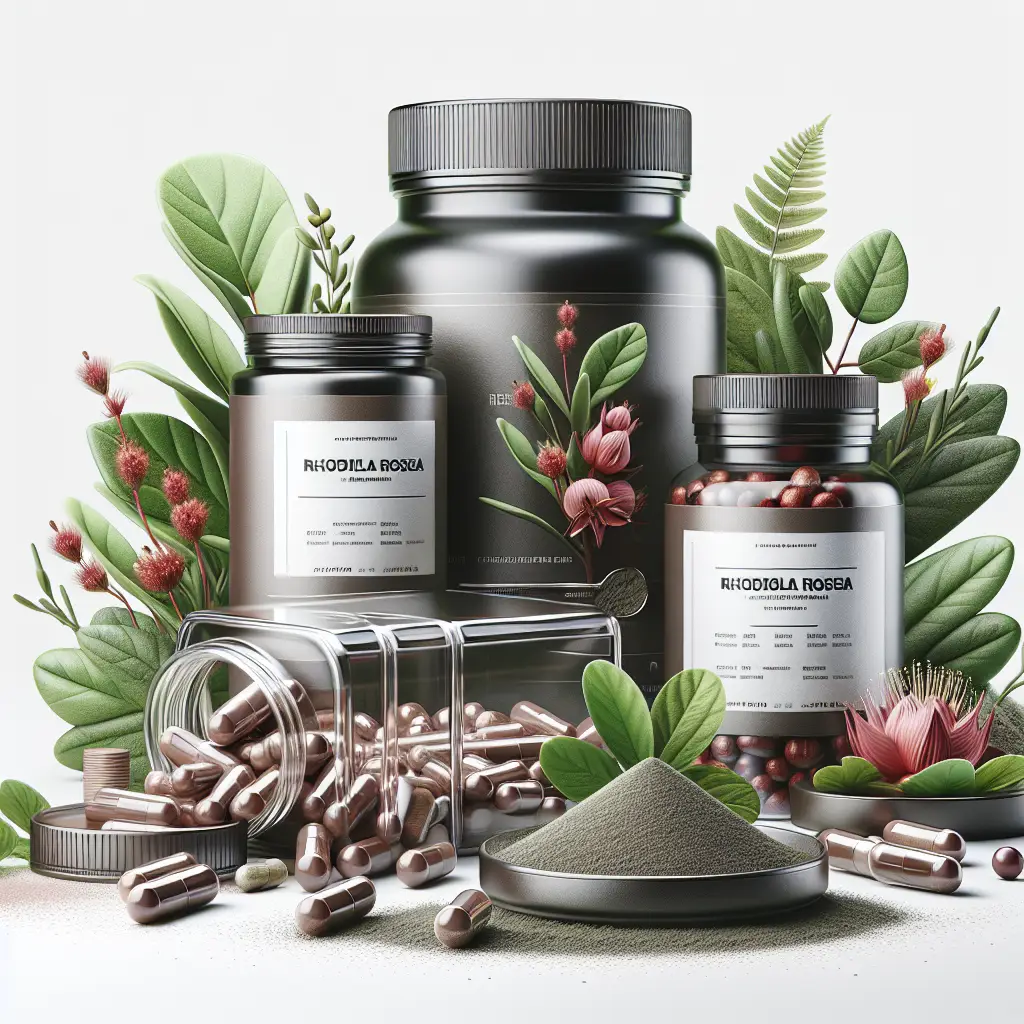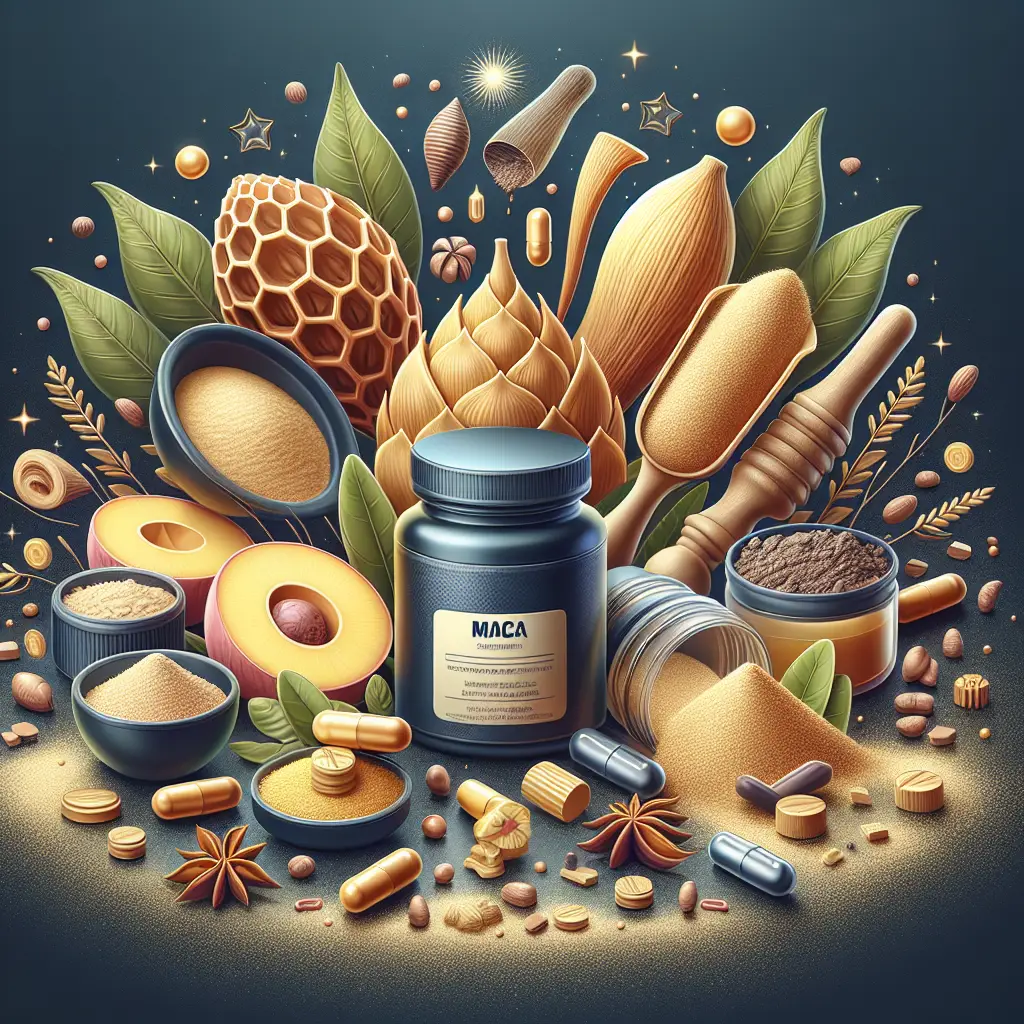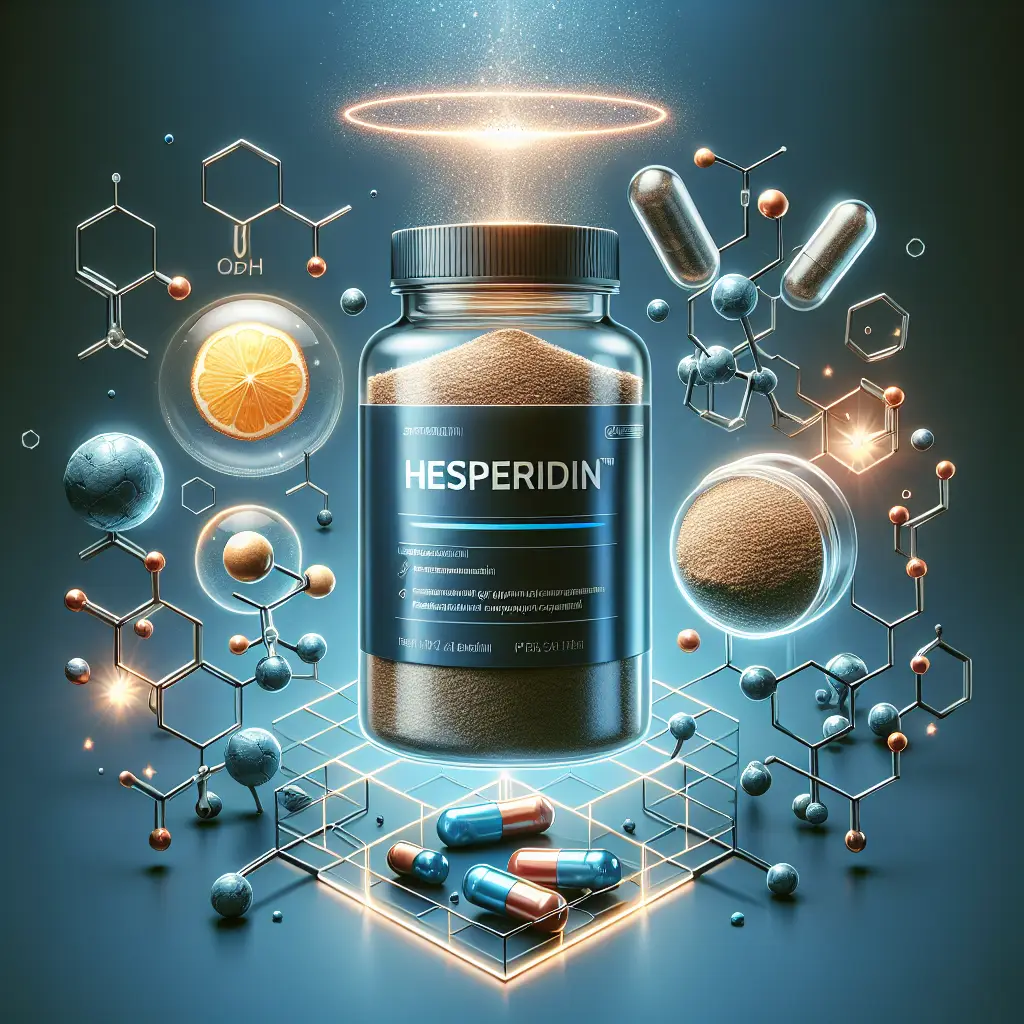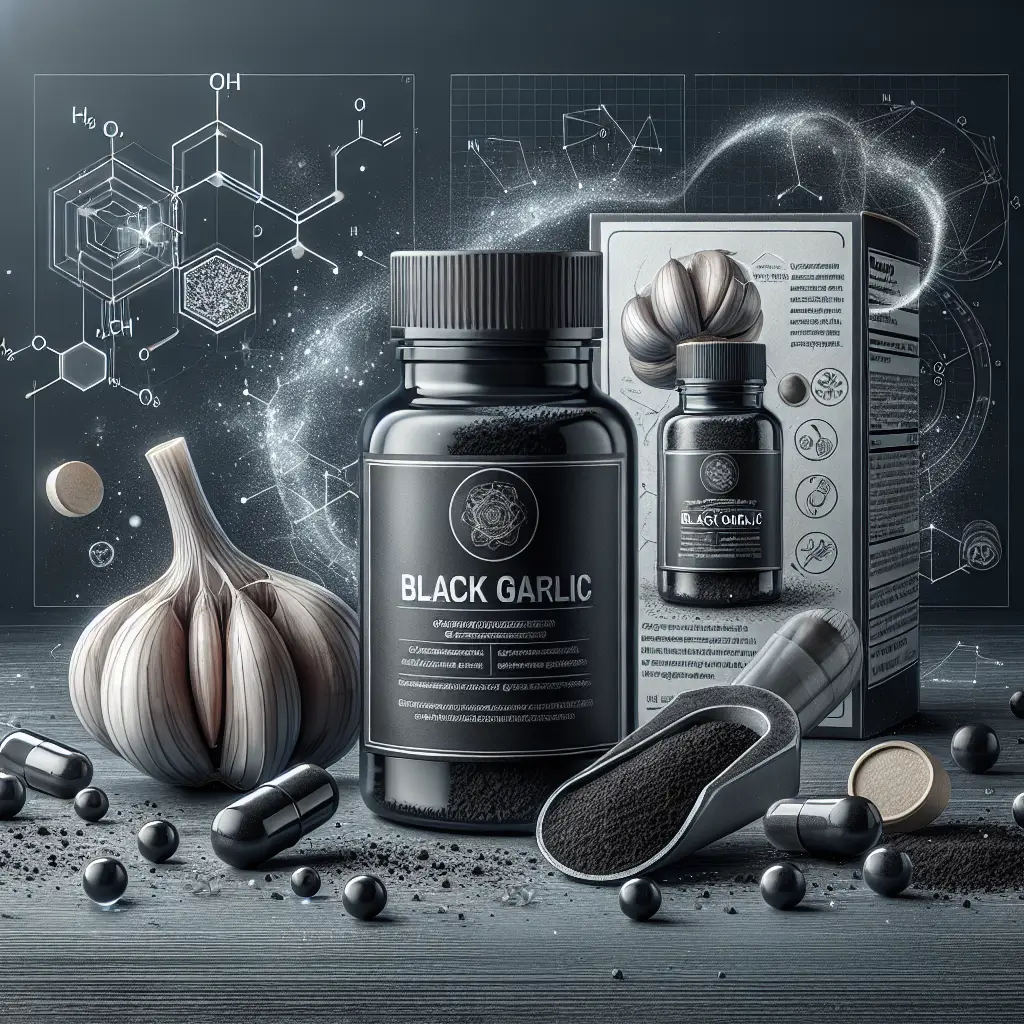Stinging Nettle
What is Stinging Nettle?
Stinging nettle, scientifically known as Urtica dioica, is a perennial flowering plant native to Europe, Asia, and North America. It has a long history of use in traditional medicine due to its diverse health benefits. The plant contains numerous bioactive compounds, including vitamins A, C, K, B vitamins, minerals (like iron, calcium, magnesium, and potassium), and phytochemicals such as flavonoids and phenolic acids that contribute to its health-promoting properties.
Benefits of Stinging Nettle
- Anti-Inflammatory Properties: Stinging nettle is renowned for its ability to reduce inflammation, making it beneficial for conditions such as arthritis and joint pain.
- Diuretic Effects: The herb promotes urine production, helping the body eliminate excess fluid and potentially aiding in detoxification.
- Allergy Relief: Nettle may help alleviate symptoms of hay fever by acting as a natural antihistamine.
- Nutrient-Rich: High in essential vitamins and minerals, it can serve as a nutritional supplement for general well-being.
- Support for Prostate Health: Some studies suggest that stinging nettle can help improve urinary symptoms associated with benign prostatic hyperplasia (BPH).
Types or Forms Available of Stinging Nettle
- Dried Leaf: Commonly used for teas or as a dietary supplement.
- Extracts: Available in liquid or capsule form, providing a concentrated dose of active compounds.
- Topical Creams: Used for localized pain or inflammation relief.
How to Use Stinging Nettle
Stinging nettle can be consumed in various forms:
- Recommended Dosage: Typically, a dose of 300-600 mg of dried leaf or 1-2 cups of nettle tea is suggested daily.
- Timing: For anti-inflammatory effects, consider taking it regularly, while for allergy relief, utilize it during allergy seasons.
- Usage Guidelines: Always consult a healthcare provider for tailored advice based on individual health needs.
Side Effects and Considerations of Stinging Nettle
Stinging nettle is generally considered safe for most individuals when taken as directed. However, some possible side effects may include:
- Stomach upset or diarrhea in sensitive individuals.
- Allergic reactions in some cases, especially when handled fresh.
- Those on medications for blood pressure or blood thinners should consult a healthcare provider before use.
Foods Rich in Stinging Nettle
While stinging nettle is not commonly found in mainstream foods, it can be incorporated into various dishes. Fresh nettles can be added to soups, stews, or used as a green in salads once properly cooked to remove their sting. It can also be found in specialty health stores as a supplement.
Common Myths About Stinging Nettle
- "Nettle is poisonous." - While fresh nettles can cause skin irritation due to their stinging hairs, they are edible and safe when cooked or dried.
- "Nettle has no health benefits." - Contrary to this belief, scientific studies support many of its therapeutic effects, making it a valuable herb.
- "Only herbalists use nettle." - Stinging nettle is increasingly recognized and utilized in modern holistic health and nutrition.
Conclusion
Stinging nettle is a remarkable plant offering a range of health benefits, from anti-inflammatory effects to allergy relief. Its nutritional value and versatility as a supplement make it important in both traditional and modern health practices. By incorporating stinging nettle into your regimen, you can harness its potential to improve overall wellness and support bodily functions.
This HTML structure provides a comprehensive guide to stinging nettle that is both informative and engaging. It covers various aspects clearly while remaining approachable for readers at different levels of knowledge.














